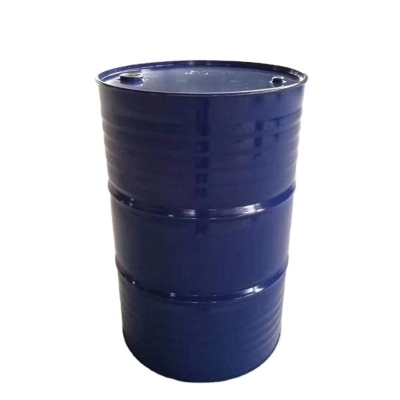-
Categories
-
Pharmaceutical Intermediates
-
Active Pharmaceutical Ingredients
-
Food Additives
- Industrial Coatings
- Agrochemicals
- Dyes and Pigments
- Surfactant
- Flavors and Fragrances
- Chemical Reagents
- Catalyst and Auxiliary
- Natural Products
- Inorganic Chemistry
-
Organic Chemistry
-
Biochemical Engineering
- Analytical Chemistry
- Cosmetic Ingredient
-
Pharmaceutical Intermediates
Promotion
ECHEMI Mall
Wholesale
Weekly Price
Exhibition
News
-
Trade Service
Due to its good safety and high theoretical capacity, the research and development of solid-state lithium metal batteries with solid-state electrolytes instead of liquid electrolytes has attracted much attention, so the development of solid-state electrolytes is also particularly important
.
The reporter learned from the School of Materials and Energy of Yunnan University on the 17th that the team of Professor Guo Hong of the school has recently made the latest progress in the research and development of new solid-state lithium metal organic batteries, and the international journal "Carbon Energy" has published relevant research results
.
Previous research and production mainly focused on inorganic electrolytes such as sulfides, halides, and oxides.
However, these solid electrolytes have shortcomings such as rigidity and air sensitivity, which affect the interfacial stability and cycle and rate performance of batteries
.
In recent years, organic polymer electrolytes have gradually attracted attention due to their advantages such as flexibility and easy film formation.
Covalent organic framework materials are a kind of promising single-ion solid electrolyte carriers, but researchers need to study the number of active sites in depth.
The effect of skeleton structure on the conductivity, migration number and battery performance of lithium ions
.
Based on the current research status and problems, and combined with the previous research foundation, Professor Guo Hong's team designed and prepared three lithium carboxylate-regulated covalent organic framework single lithium ion conductor materials
.
From the effects of different framework structures and the number of active sites on the conductivity and migration number of lithium ions, combined with theoretical calculations, they deeply studied the electrostatic potential distribution of the three materials, and used density functional theory calculations to analyze the migration path of lithium ions and energy barrier difference
.
,
Subsequently, the research team assembled a quasi-solid-state battery with lithium metal as the negative electrode, the organic small molecule cyclohexanone as the positive electrode, and the constructed single-ion conductor as the solid-state electrolyte
.
The results of performance tests and theoretical calculations show that single-ion conductors can effectively inhibit the growth of lithium dendrites, and quasi-solid-state batteries can solve the dissolution of organic small-molecule cathode materials in electrolytes.
important theoretical basis and technical support
.







